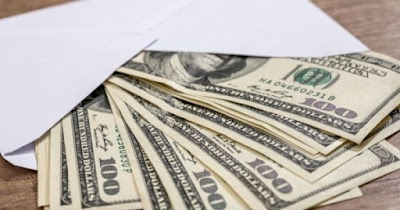Being unemployed is challenging. Your financial status is different, and money can cause stress. However, you can stay afloat by carefully managing your money. If you want tips, learn how to manage your money while unemployed by reading below.
Consider Deferments
As you’ll quickly realize, bills can pile up when you’re unemployed. You may not have enough money to pay all your bills at once. Fortunately, you can ask utility companies and service providers for a deferment, meaning you can postpone bill payments. Postponing bills doesn’t get rid of the financial obligation. When you’re financially stable, you must resume regular bill payments.
Keep Track of Spending
Sticking to a budget is wise when you’re employed. However, budgeting is crucial for unemployed people. You have a limited cash flow; therefore, you need to prioritize your spending habits. In addition to budgeting, keeping track of your spending is essential. Write down all your expenses and collect receipts. Doing so will allow you to recognize your daily, weekly, or monthly spending habits. In addition, you can make cutbacks on areas where you’re spending a lot of money.
Understand Your Financial Status
Although you’re unemployed, it’s essential to understand your financial status. For example, if you’re unemployed with benefits, you receive an unemployment check. However, if you don’t receive benefits, you can file an appeal with an unemployment lawyer.
If you’re unemployed without benefits, the money in your checking or saving account is the money you will use for expenses. Take note of what you have in your account so that you can budget accordingly.
Make Cutbacks
Most people become accustomed to a certain lifestyle. While you were employed, maybe you could afford movie outings or dinners at restaurants. Now, life is different. It would help if you made cutbacks in specific areas. Make a list of all your expenses and categorize them into two sections. One section is “necessities,” and the other section is “extras.” Necessities include expenses you need, such as bills, groceries, and transportation. Extras include entertainment, restaurants, spa treatments, and other fun things. Choose areas in the “extra” category to stop doing, so you can reduce spending.
Navigating your financial status during unemployment is challenging. It would be best if you made changes to accommodate your current spending habits. If you need tips, refer to this guide on how to manage your money while unemployed for help.


